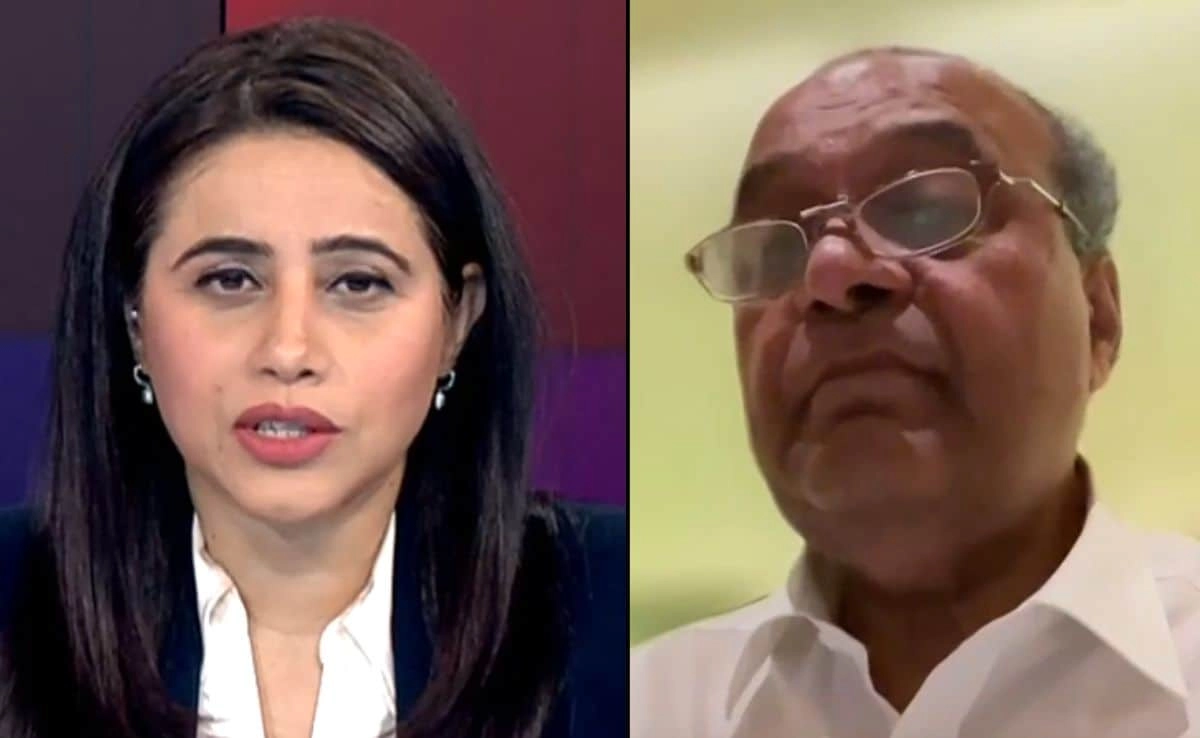In a recent turn of events surrounding the Asia Cup controversy, renowned journalist Mohsin Naqvi has faced a harsh critique, with comments suggesting that he lacks the stature necessary to influence the situation. This assertion has ignited a debate about the role of media personalities in shaping public discourse, particularly in high-stakes sporting events like the Asia Cup. Naqvi, who is known for his outspoken views and significant presence in the media landscape, has been called into question regarding his impact and relevance in the ongoing discussions about the tournament.
The Asia Cup, which has garnered attention not only for its competitive spirit but also for the geopolitical tensions surrounding it, has become a focal point for discussions about regional relations and sports diplomacy. The remarks directed at Naqvi highlight a broader sentiment regarding the media’s role in influencing public opinion and the narratives surrounding significant events. Critics argue that while Naqvi may be a familiar face in the media, his influence may not be as substantial as perceived, particularly when it comes to international events that involve complex political dynamics.
As the Asia Cup unfolds, the scrutiny of figures like Naqvi raises important questions about the intersection of sports and politics in South Asia. In a region where cricket is more than just a game, the implications of media coverage can have ripple effects on national sentiments and diplomatic relations. While some may dismiss Naqvi’s commentary as inconsequential, others recognize the potential for media narratives to shape perceptions and influence the actions of stakeholders involved in the tournament.
Ultimately, the discourse surrounding Mohsin Naqvi’s role in the Asia Cup debate serves as a reminder of the intricate relationship between media, sports, and politics. As fans and commentators alike engage with the unfolding drama of the tournament, the conversation about who holds sway in these discussions continues to evolve. Whether or not Naqvi can assert his significance in this context remains to be seen, but the dialogues sparked by his recent critiques are likely to persist, reflecting the ever-changing landscape of sports commentary in South Asia.




